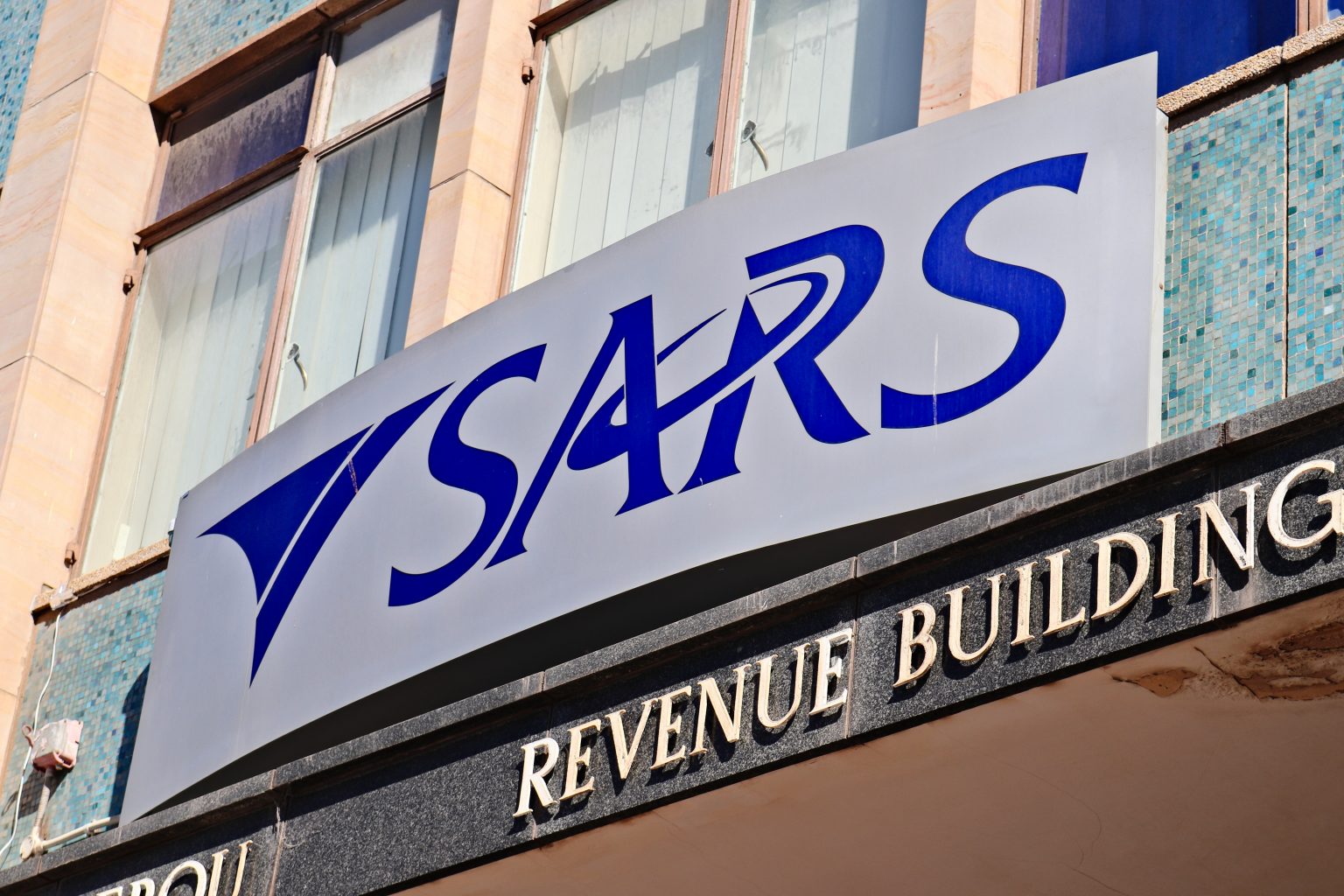Sars delivers impressive results for 2021/2022

South African Revenue Services (Sars) Commissioner Edward Kieswetter announced that revenue collections increased by 25.1% for the financial year ended March 31 2022 at a media briefing on Friday (April 1).
Kieswetter presented the organisation’s preliminary tax revenue results, with Minister of Finance Enoch Godongwana, National Treasury Director-General Dondo Mogajane and SA Reserve Bank Governor Lesetja Kganyago also in attendance.
The total net amount collected, which still has to be subjected to a final audit, stands at R1.564 trillion (2021: R1.25 trillion).
Breakdown of results
Total gross receipts were R1.885 trillion and refunds amounted to R321.1 billion.
The largest net contributions came from personal income tax, which after refunds, amounted to R555.8 billion (2021: R488.4 billion), then came the net value-added tax (Vat) collected of R390.7 billion (2021: R331.2 billion), followed by net company income tax of R323.6 billion (2021: R204.4 billion).
Sars credits the buoyant revenue collection to the “strong economic recovery boosted by elevated commodity prices”, better than expected company earnings and pay-as-you-earn (PAYE) tax collections, and an improvement in Vat collections. Sars will make it “hard and costly for taxpayers that deliberately do not want to comply”.
Internal factors also contributed to the improved revenue collection, such as the modernisation of the information and technology infrastructure, the employment of additional skilled staff, and intensifying efforts to counter criminal and illicit activity.
Targeted special compliance initiatives yielded R209.7 billion (13.4% of total revenue collections). These included outstanding debt collected of R67.2 billion, not paying out refunds of R75.5 billion resulting from “risk management”, and collecting additional taxes of R70 billion identified by the risk engine.
The voluntary disclosure programme resulted in R3 billion collected from 1 635 finalised applications.
Underestimated provisional tax payments which had been queried by Sars under Paragraph 19(3) of the Fourth Schedule to the Income Tax Act yielded R3 billion.
The tax base was expanded by 1.8 million newly registered taxpayers.
This included new income earners, those now earning income above the minimum tax threshold who were not yet registered as taxpayers, and those running small businesses who had never registered for tax.
Special audits and investigations
250 specialised auditors raised additional assessments totalling R25 billion from the following interventions:
Payments into investment policies disguised as deductible insurance premium payments yielded R64 million;
25 lifestyle audits yielded R474 million;
Checking the tax compliance status of 33 cases of luxury vehicle ownership yielded R160 million;
Checking the true nature of income and expenditure of 35 religious institutions yielded R742 million;
Certain learning institutions colluded with employers to abuse the employment tax incentive, and identifying these instances of abuse yielded R245 million;
Auditing the security industry yielded R682 million (the contraventions included zero rated outputs in terms of Vat, disallowable expense claims, the under-declaration of income, and the non-declaration of fringe benefits);
Customs compliance included illegal imports to the value of R3.4 billion, and R2.7 billion from the misclassification of goods, duty evasion, and the under valuation of imports;
The Large Business and International Segment raised R11.9 billion from audits, including transfer pricing cases, and assessed losses amounting to just under R1 billion were reversed;
Current investigations into syndicated and customs crime indicate an estimated prejudice value of R42.287 billion;
Assessments raised in regard to the illicit economy amount to R11.908 billion;
Investigations have commenced into cases flowing from state capture, and revenue of R7.73 billion has been recovered for the year;
Collapsing a large tobacco scheme yielded R18 billion;
Investigations into PPE tenders has so far yielded R176 million from undeclared revenue; and
In regard to criminal convictions, 116 convictions have been attained, fines of R3.8 million imposed, and orders issued for R22 million to be paid to Sars.
Sars has come a long way
Sars was formed 25 years ago with the enactment of the South African Revenue Service Act in 1997, and the appointment of Trevor van Heerden as commissioner. Pravin Gordhan was appointed commissioner in 1999.
Some of the notable events in the 25 years include: the introduction of the automated income tax system (1999), the re-engineering and restructuring of the entire organisation (2001), the electronic submission of income tax returns (2001), the establishment of the Large Business Centre (2004), the involvement of tax and customs employees in facilitating the smooth running of the Soccer World Cup (2010), the launch of customs modernisation (2010), the introduction of the operation modernisation system (2005), the installation of a high tech container cargo scanner in Durban harbour (2014), Tom Moyane appointed as commissioner (2014), Mark Kingon appointed as acting commissioner (2018), Edward Kieswetter appointed as commissioner (2019), a focus on building a data and technology driven organisation (2020), and the establishment of a separate unit to focus on “individual taxpayers with wealth and complex financial arrangements” in 2021.
Key focus areas for the current year
The key focus areas in 2022/2023 include:
International tax including transfer pricing
Trade misinvoicing and the undervaluation of imports
Debt tax collections
The illicit economy including illicit financial flows
Syndicated Vat fraud
Tax base broadening through the use of third party data
Vat on e-commerce
High wealth individuals
Voluntary disclosures
Prosecuting tax crimes, and
Acting on the recommendations emanating from the Zondo Commission of Inquiry into allegations of state capture.
Kieswetter said the level of compliance could be improved, and that the proliferation of crime and corruption remains a concern.
He is of the view that “faster progress in implementing structural reforms will contribute to a more durable economic recovery and improved revenue collection”.
He submitted that Sars still has a long way to go, and that it still drops the ball too often. However, progress already achieved should be appreciated, and the efforts of the committed employees acknowledged.
Godongwana said that a well-functioning revenue authority is central to a well-functioning democracy.

